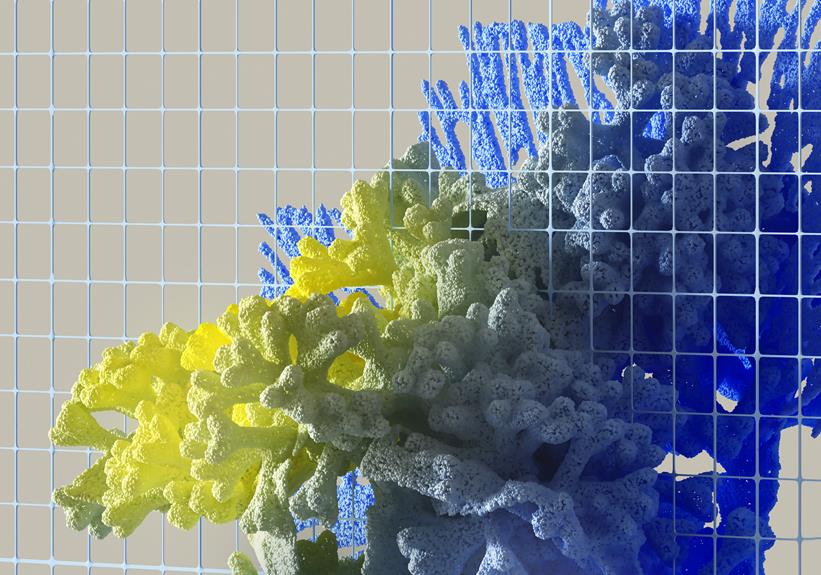You're living in a world where AI generates much of the content you consume daily. But have you ever pondered the ethics behind it? It's crucial to consider the moral implications and potential consequences.
So, let's delve into why we should care about ethical issues in AI content creation, the need for human oversight, and the guiding principles for ethical practices.
Key Takeaways
- AI content creation has the power to shape our digital content and our world.
- Ethical implications of AI content creation include responsibility for harmful or misleading content, privacy concerns, and biases perpetuating harmful stereotypes and misinformation.
- Human oversight is essential in setting boundaries, reviewing AI's output, and ensuring transparency in AI content creation.
- Unethical AI content creation can result in damage to a brand's reputation, legal consequences, societal harm, and a loss of business.
Understanding AI and Content Creation
To fully appreciate the ethical implications, you need to grasp how AI systems generate a vast amount of digital content daily. From social media posts to customer service responses, AI is tirelessly crafting messages that influence our everyday lives. It's not just about the sheer volume; it's also about the impact. Every tweet, every blog post, every digital ad you see could have been created by AI. That's a lot to take in, isn't it?
Now, let's talk about how AI does this. It uses algorithms that sift through enormous amounts of data, learning patterns and making predictions. They're constantly evolving, getting better at mimicking human speech and behavior. You've probably interacted with AI without even realizing it. That's how sophisticated it's become. But there's more to it.
AI content creation isn't just about replicating human behavior. It's also about creating something new. That's where the ethics come in. When AI creates content, it's making decisions. It's choosing words, shaping messages, even influencing emotions. That's a lot of power for a machine. And it raises a lot of questions. Who's responsible if the AI content is harmful or misleading? How do we ensure that AI respects our values and rights?
You see, understanding AI and content creation isn't just about technology. It's also about ethics. Because as AI becomes more prevalent, it's not just shaping our digital content – it's shaping our world. And that's a responsibility we can't ignore.
Ethical Dilemmas in AI-Generated Content
When you delve deeper into AI content creation, you'll inevitably encounter several ethical dilemmas that need addressing. It's not a straightforward path. The ethical maze of AI-generated content is fraught with questions about accountability, privacy, and consent.
Firstly, who's accountable when AI-generated content goes awry? Say, a piece of software creates content that's offensive or harmful. Who shoulders the blame? The developers? The users? It's unclear and needs careful consideration.
Further, there's the issue of privacy. AI often relies on massive data sets to operate. This data often includes personal information about individuals. So, when AI uses this data to create content, does it infringe on people's privacy? It's a grey area that demands attention.
Then, there's consent. AI can mimic human writing so well that it's hard to tell the difference. Now, if an AI system reproduces your writing style, should it ask for your permission first? It's a thorny question without an easy answer.
Moreover, there's the problem of bias. AI systems learn from the data they're fed. If this data is biased, the content the AI generates will also be biased. This can perpetuate harmful stereotypes and misinformation, leading to ethical quandaries.
The Role of Human Oversight
After considering these dilemmas, it's clear you can't overlook the role human oversight plays in maintaining ethical standards in AI content creation. You see, it's humans who define the parameters within which AI operates. You're the one setting the rules and monitoring the game. In essence, AI is like a child who learns from its environment, and you're the parent providing guidance.
This guidance isn't just about setting boundaries; it's about making sure AI understands the context and nuances of content creation. You can't simply feed it data and expect it to churn out perfect content. You need to constantly review its output, correct its errors, and teach it to adapt to evolving ethical standards.
Remember, AI, in its current state, lacks the ability to make moral judgments. It doesn't understand the implications of producing content that might be offensive, biased, or misleading. That's where you come in. You're the moral compass guiding its actions.
Moreover, you're responsible for ensuring transparency in AI content creation. It's up to you to communicate clearly how AI-generated content is created and used. You need to reassure the audience that although AI is involved, there's a human element ensuring ethical standards are upheld.
Potential Consequences of Unethical Practices
If you ignore ethics in AI content creation, you're setting yourself up for serious consequences. Unethical practices may seem like a shortcut, but they can lead to far-reaching negative impacts. You mightn't realize the depth of the trouble you're inviting until it's too late.
- Damage to Reputation: Unethical AI can cause irreparable harm to your brand's reputation. If you're found to be using AI unethically, you'll lose customers' trust. Recovering lost trust is much harder than maintaining it in the first place.
- Legal Consequences: AI that infringes on privacy or discriminatory practices may result in legal penalties. You could find yourself facing lawsuits, fines, or even a ban on your AI operations.
- Loss of Business: If your AI is seen as unethical, clients or partners may sever ties with your company. This could lead to significant financial losses and a decrease in market share.
- Societal Harm: Unethical AI can cause real harm to society. It can amplify biases, spread misinformation, or infringe on privacy. The societal backlash can be severe and long-lasting.
To avoid these consequences, it's crucial to integrate ethical considerations into your AI practices from the start. This means respecting user privacy, avoiding bias, and ensuring transparency. Don't underestimate the importance of ethical AI – it's not just about following rules, it's about protecting your business and the society at large.
Guiding Principles for Ethical AI Content Creation
So, you're eager to avoid the pitfalls of unethical AI and harness its potential responsibly, but where should you start? Well, it begins with understanding the guiding principles of ethical AI content creation.
First, commit to transparency. This means you should always disclose the use of AI in content creation. Don't try to pass off AI-generated content as human-written, as this is misleading and could damage your reputation.
Second, prioritize accuracy. Your AI should be trained on credible, verified sources and regularly updated to reflect the most current information. Misinformation can easily spread if you're not careful.
Third, consider fairness. AI can inadvertently perpetuate bias if it's trained on skewed data. Do your best to ensure that your AI is using balanced, representative data sets.
Fourth, respect privacy. If your AI is using personal data, make sure it's anonymized and secure. People's trust in your content hinges on their confidence in your data protection measures.
Lastly, don't forget accountability. If something goes wrong, you need to take responsibility and correct the mistake. Regular audits can help identify and address any ethical issues.
Frequently Asked Questions
What Is the Cost Implication of Implementing Ethical AI in Content Creation?"
Considering the cost implications of implementing ethical AI in content creation, you might face initial financial investment. This could include hiring ethicists, updating AI algorithms, and continual monitoring.
However, it's not just about cost, but reputation and legal risks too. If you neglect ethical considerations, you might face backlash, damage to your brand's image, or even legal consequences.
Despite the upfront costs, it's an investment ensuring your AI behaves responsibly.
Are There Any Specific Industries That Face More Ethical Challenges in AI Content Creation?"
Every industry faces ethical challenges in AI content creation, but some may see more. For example, news and media industries could struggle with bias or fake news. The healthcare sector might grapple with privacy concerns. In advertising, there's the risk of manipulative content.
Can AI Be Programmed to Understand and Adhere to Ethical Guidelines on Its Own?"
When considering if AI can be programmed to understand and adhere to ethical guidelines on its own, it's crucial to remember that AI is only as ethical as its programming. It can't inherently understand ethical nuances; it follows the rules it's given.
How Does the Global Variation in Ethical Standards Affect AI Content Creation?"
You must consider global ethical variations in AI content creation because they significantly impact the perception and reception of the content.
Different cultures have diverse ethical norms and standards, affecting how AI content is viewed and interpreted.
If AI doesn't respect these variations, it risks creating inappropriate or offensive content.
Therefore, programming AI to understand and adhere to global ethical guidelines is crucial for successful, respectful content creation.
Are There Existing Legal Frameworks That Regulate Ethics in AI Content Creation?"
You're probably wondering if there are legal frameworks regulating ethics in AI content creation. Currently, the landscape varies globally. Some countries have established guidelines; others don't. The EU has detailed rules, while the US's are less comprehensive.
It's a rapidly evolving field and laws are struggling to keep up. It's important to stay informed, as it's your responsibility to ensure your AI creations abide by relevant laws and ethical standards.
Conclusion
So, why stress about ethics in AI content creation?
Because it's not just about crafting content. It's about ensuring the accuracy, fairness, and integrity of what's being created.
Ignoring ethics can lead to damaging consequences.
But with thoughtful human oversight and guiding principles, we can harness AI's potential while upholding high ethical standards.
Remember, it's not just what AI can do, but how it should do it.
















